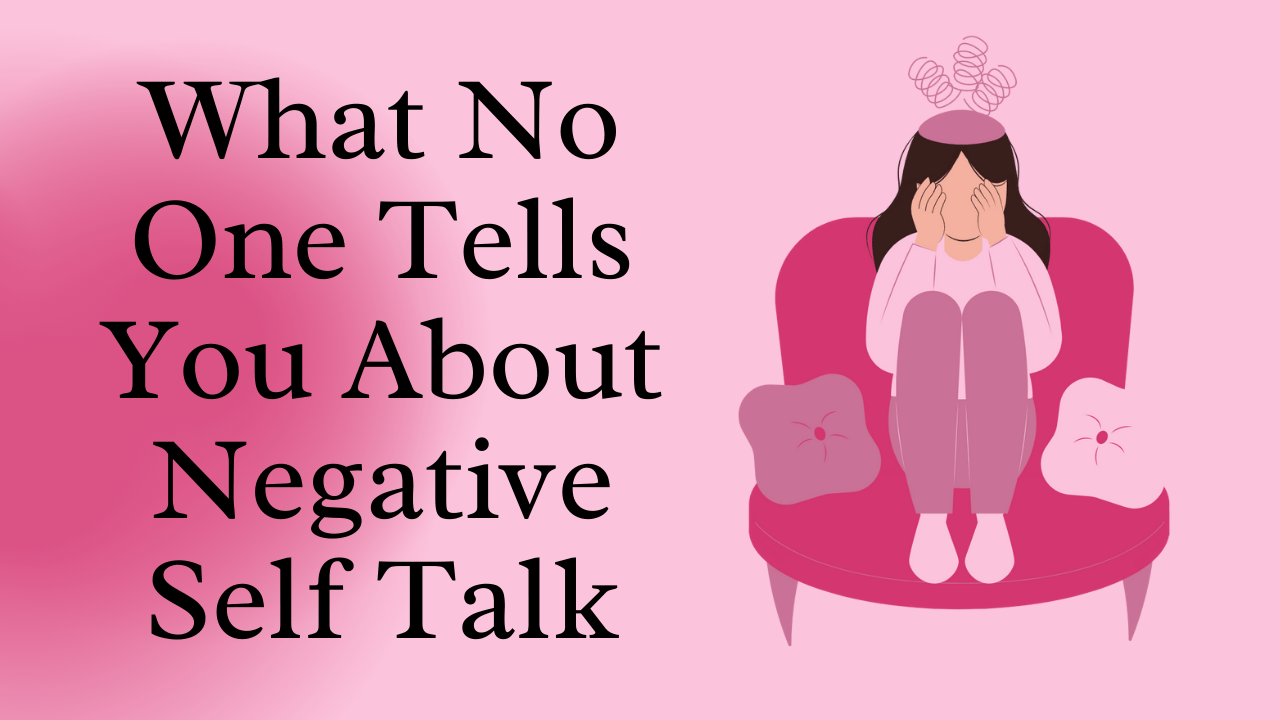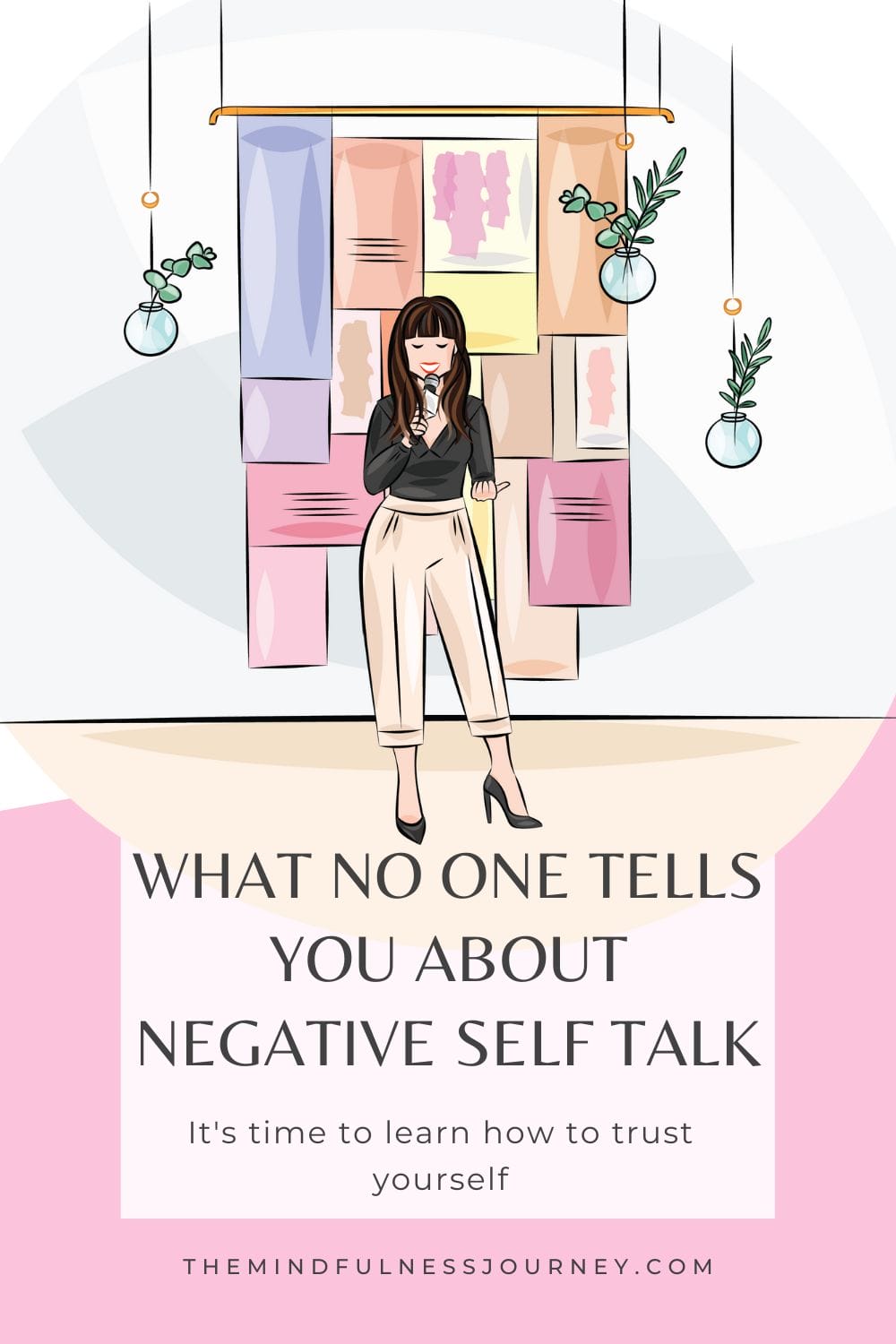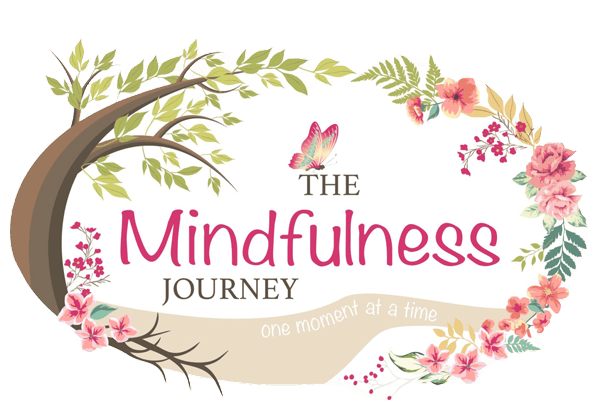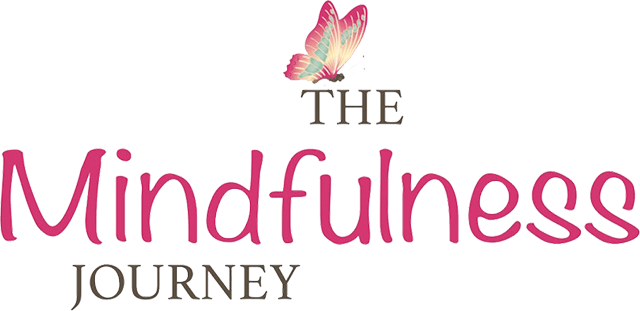
What No One Tells You About Negative Self Talk
Here’s the thing that no one is telling you about your negative self talk. It serves a purpose and is there to protect us.
Did you know that the average person has 60,000 thoughts a day! And of those 60,000 thoughts 80% are negative and 95% are repetitive.
Which means that for the majority of the day we have a constant loop of negative thoughts and judgements. running through our head.
As humans we gravitate towards the negative because our brains are wired this way as a result of our evolution. At one point this helped us to pay attention to threats and increased our chances at survival.
So of course our minds focus on the negative, your brain is simply doing what it has learned to do!
Also called our inner critic, this voice, has been around since the time that we were running from sabre tooth tigers. But if we are no longer constantly in danger of being eaten what is the reason for our negative self talk?
To protect us when we’re in danger. So when it pops up as you’re walking in a dark alley – it’s looking out for you.
When it pops up in your business? It’s telling you that your body & mind feel like they are in danger.
The thing is, our mind can’t distinguish between real danger and imagined danger.
If you’ve ever had a nightmare where you were being chased and woke up feeling like you had actually been running (heart beating fast, pulse racing, out of breath) you know what I mean.
The next time you’re negative self talk shows up, give it a listen, and pay attention to what it’s saying & where/when it’s showing up for you.
How to Work With Your Negative Self Talk

5 Steps to Managing Your Negative Self Talk
- Pay attention to your inner critic
- Think of it like an old friend
- Remember thoughts are just thoughts – they’re not facts
- Bring curiosity to it
- Say it out loud
As an entrepreneur, negative self talk shows up a lot, especially when I’m looking to do something that takes me out of my comfort zone.
The thing is, I have never dreamed of running my own business. I was quite content to show up, do my work & go home at the end of the day.
And then I was hit by a bus and everything changed.
Suddenly I needed to work in a way that supported my disability and chronic illness.
Running a business with a brain injury has it’s challenges one of which is the negative self talk that can show up usually in the form of imposter syndrome & comparison-its.
Two things that show up for most entrepreneurs – even those without a brain injury.
Pay attention to your inner critic
Like that I “should” be doing more, that I “should work more hours” or that I’m not “good enough” compared to my contemporaries.
By paying attention to when and where negative self-talk shows up you can learn to work with it before it becomes a problem.
Because when we know what’s here, we can work with what’s here.
Practicing an awareness of thoughts meditation, like you’ll find inside of my program Silencing Your Inner Critic, gives you the tools you need to start paying attention in this way.
The thing that no one tells you about negative self-talk is that you can’t get rid of this voice but you can develop a relationship with it.
It’s a part of you but this voice isn’t you. Keeping this in mind can give you distance and help you to avoid attacking yourself. Which leads to the next way we can manage this voice.
Think of it like an old friend
Instead of seeing this voice as an enemy, why not look at it as an old friend? I know, sometimes this might feel impossible but trust me you can do it.
Our negative self-talk exists to keep us safe. But over the years its started to get a little confused and mixes up stepping outside of our comfort zone with being in physical danger.
When we shift to recognizing that it’s only looking out for us when can bring in some compassion and kindness.
Instead of continuing to mentally beat yourself up for these thoughts & judgements why not talk to this voice like you would your best friend?
“Hello, nice to see you. Why don’t you hang out here awhile? I know that you’re trying to help me out but I got this.”
Because whatever is showing up for you in this moment, you do in fact got this, and mindfulness will help you learn how to trust in this.
Thoughts are not facts
When self-doubt shows up (which it will) remember and recognize this voice for what it is – a thought not a fact.
Just because I might think something, it doesn’t make it true.
I can think that I’m not a writer but the amount of blog posts, emails, sales pages etc. that I’ve written over the years would beg to differ.
If I notice that my inner critic is constantly comparing me to other writers and it’s telling me that I’m an imposter because “who do you think you are? You’re not a writer! This copy sucks!” I have 2 choices to make in this moment.
- I can choose to listen to this voice, believe that I suck as a writer and that no one will ever want to read what I write so what’s the point and I should just give up now.
- OR I can notice that this is an area where I don’t feel confident in my skills so I can… work on them. I can take a class on copywriting, I can hire a copywriter to work with me, or I can keep plugging away at my copywriting until I feel better about it.
Option #1 is the do-nothing approach which keeps us stuck and feeling crappy all the time. And when we feel crappy about something we tend to avoid it – which is a results in a never end cycle where we never get better at copywriting.
Option #2 gives us something to work on. We recognize that my thought might feel like a fact but it doesn’t have to be. I can bring some curiosity to this moment & to this thought and then choose to work with it.
Be curious
This is option #2 in action.
Being curious about our thoughts means digging a little deeper into them.
Where and when do they show up? Do these thoughts only show up when you’re launching a program? or jumping on video? or telling people that you’ve started a business?
Put on your investigators hat and find out the underlying reason & emotion that feeds it.
As you’ve learned already, when you know what’s here, you can work with what’s here.
So be a little curious.
Say it out loud
Now, this one might seem weird, but hear me out. The next time you catch yourself engaging in negative self-talk say it out loud.
Because sometimes we don’t really “hear” the things that we say to ourselves until we say them out loud.
Saying it out loud is one way to shock the system. It gets you to realize just how mean that voice can be. It reminds us that we would NEVER talk to our friends the way that we sometimes talk to ourselves.
Negative Self Talk & Entrepreneurs
Now that you’ve learned the role of the inner critic and how it shows up in our lives you can understand more about how to work with it.
Our brains have been wired towards the negative as a result of evolution. While this has helped us to pay attention to threats to increase our odds of survival it’s no longer needed in quite the same way.
When we focus on the negative our brains are just doing what they have learned how to do.
But in this present day modern-life this life-saving bias is no longer as useful.
And this bias is one that we can ALL work to overcome.
By consciously developing new habits & patterns we can re-wire our brains away from this negativity bias to bring in more positivity.
This shift is incredibly helpful on our path as entrepreneurs. Inside my program, Silencing Your Inner Critic, I give you the tools & practices that you need to start learning how to work WITH your negative self-talk so that you can continue to move forwards with your business and life goals.
This 3 part program will provide you with actionable tips and strategies that you can start using today. Click the button below to get started today.
Get Silencing Your Inner Critic Today













